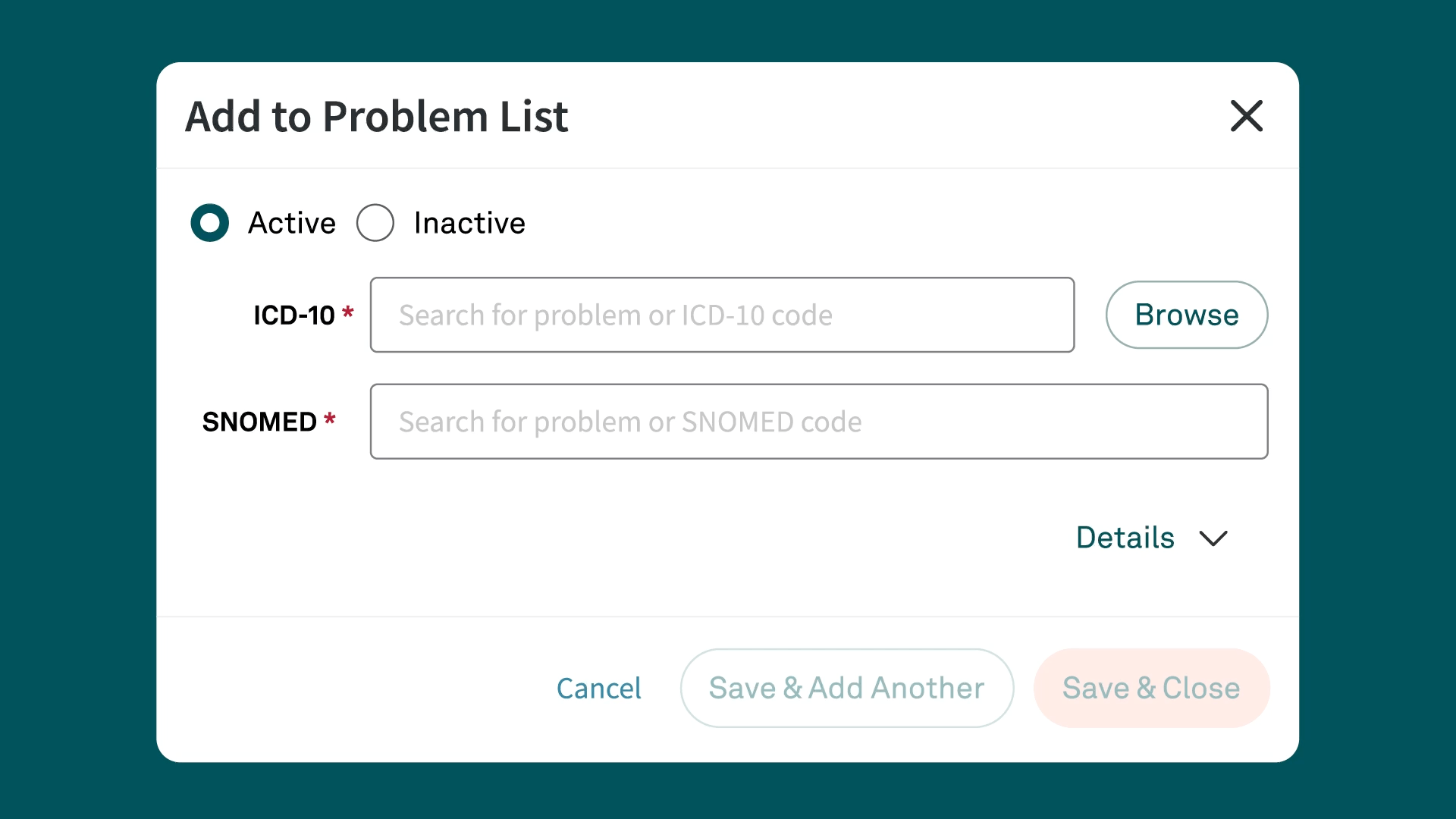ICD-10 Code R73.9
Hyperglycemia, unspecified
What is the code R73.9?
R73.9 is the ICD-10-CM code used to classify and identify a condition known as "hyperglycemia, unspecified." Code R73.9 is an International Classification of Diseases, 10th revision, Clinical Modification (ICD-10-CM) code that healthcare providers and medical billers use to document cases where an individual has elevated blood sugar, but the specific cause or type of hyperglycemia has not been determined or specified.
Download your free resource now
Access it instantly — just complete the form

Detailed description of R73.9
Hyperglycemia, unspecified (R73.9), refers to an abnormal increase in blood glucose levels that is not attributed to any particular cause or specific type of diabetes. This condition can be a transient or persistent state and may be identified during routine blood tests or when patients present with symptoms that indicate elevated blood sugar. It is important to accurately document this condition for proper monitoring and management, as persistent hyperglycemia can lead to serious health complications over time.
Symptoms commonly associated with R73.9
Patients with unspecified hyperglycemia (R73.9) may exhibit a variety of symptoms, including:
- Increased thirst (polydipsia)
- Frequent urination (polyuria)
- Unexplained weight loss
- Fatigue
- Blurred vision
- Slow-healing sores or frequent infections
- Dry mouth
- Headaches
These symptoms can vary in severity and may prompt further testing to determine the hyperglycemia’s underlying cause.
Approximate synonyms of R73.9
These approximate synonyms are alternative terms that may be used in clinical documentation to describe elevated blood glucose levels without a specified underlying cause, though R73.9 remains the appropriate ICD-10-CM code for billing purposes regardless of which terminology is used:
- Hyperglycemia
- Hyperglycemia (high blood sugar)
- Hyperglycemia due to steroid
- Nutrition therapy for pre-diabetes done
- Nutritional therapy for pre-diabetes
- Steroid induced hyperglycemia
Related and similar ICD-10 codes
There are several ICD-10 codes related to hyperglycemia that may be used depending on the specific circumstances and underlying conditions. These include:
- E11.9: Type 2 diabetes mellitus without complications
- E10.9: Type 1 diabetes mellitus without complications
- R73.01: Impaired fasting glucose
- R73.02: Impaired glucose tolerance (oral)
- E13.9: Other specified diabetes mellitus without complications
These codes help in differentiating between various types of diabetes and glucose regulation disorders.
Appropriate usage and guidelines for R73.9
When coding for R73.9, follow these guidelines:
- Use R73.9 only when the hyperglycemia is not attributed to a specific type of diabetes or other underlying condition.
- If further tests or a subsequent diagnosis reveals a specific type of diabetes or another cause for the hyperglycemia, update the coding accordingly to reflect the more precise diagnosis.
- Use R73.9 in conjunction with other relevant codes if the hyperglycemia is part of a broader diagnostic picture.
Common pitfalls in coding with R73.9
Medical coders should be aware of the following common pitfalls when using R73.9:
- Misclassification: Avoid using R73.9 if the patient has a known diagnosis of diabetes or another specific glucose regulation disorder. Use the appropriate specific ICD-10 code instead.
- Overuse: Be cautious of overusing R73.9 in situations where more specific codes are available or where further testing could provide a more accurate diagnosis.
Key resources for R73.9 coding
For accurate and effective coding of R73.9, the following resources can be invaluable:
- ICD-10-CM Official Guidelines for Coding and Reporting
- American Health Information Management Association (AHIMA) publications and resources
- Centers for Medicare & Medicaid Services (CMS) coding resources
- Clinical documentation improvement (CDI) programs and tools
- Continuing education courses and webinars on ICD-10 coding
Conclusion
R73.9, or hyperglycemia, unspecified, is used to document cases of elevated blood sugar levels without a specified cause. Accurate coding of R73.9 requires thorough documentation and awareness of related conditions and symptoms. By understanding the appropriate usage, common pitfalls, and available resources, healthcare providers and medical coders can ensure precise and effective documentation, ultimately contributing to better patient care and management.
Simplify ICD-10 code documentation with Tebra
Tebra’s EHR+ gives you quick searches and Systematized Nomenclature of Medicine (SNOMED) field names for efficient code documentation. Plus, Tebra automatically saves ICD-10 to SNOMED mapping for future searches, streamlining your workflow.

Discover how Tebra helps providers effortlessly document health-related issues and conditions in this detailed post.
Similar Codes
Stay Ahead with Expert Healthcare & Billing Insights
Get the latest industry updates, financial tips, and expert strategies — delivered straight to your inbox.


